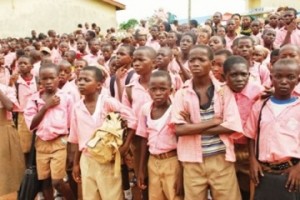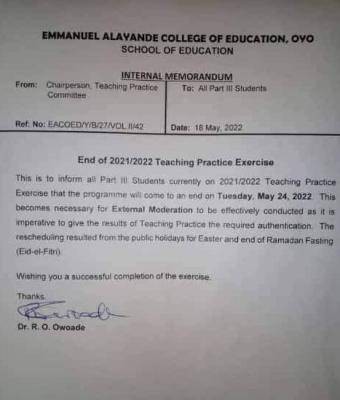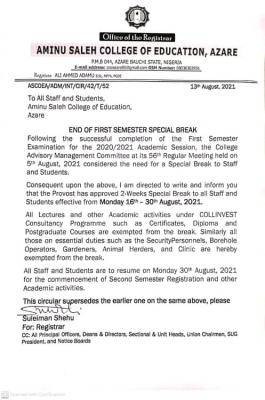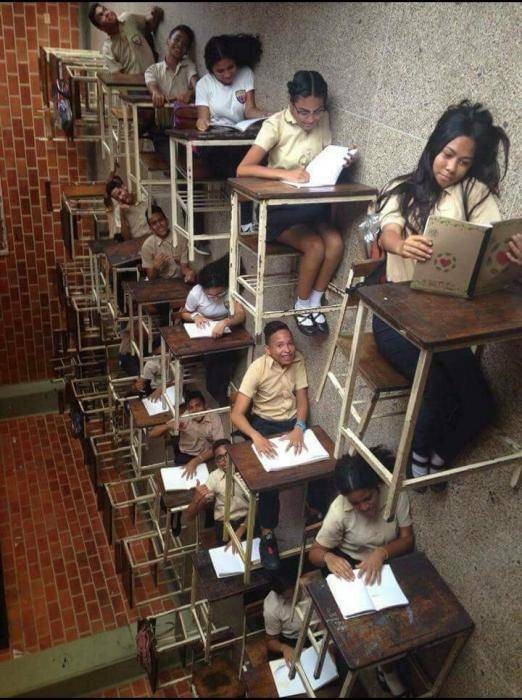
According to the 2006 National Population and Housing Census, 3,614,729 children aged 5-19 (children of primary and secondary school age) live in Yobe, Borno and Adamawa states.
Given the population increase from 140 million to today’s 160 million, the number of children in the region will have likely increased as well. This also means that it is likely that a larger number of children in the North-Eastern Nigeria are at risk of being deprived of their right to education.
We should also consider the political implication of the deprivation of the right to education for policymakers. From a political perspective, the current government is least likely to win votes from parents in this region, especially those who view the absence of education as a result of the current crisis, a limitation of their children’s opportunities. What this represents for a government vying for presidential or other power is a loss of 6,056,664 or more votes. This constitutes the people aged 20-85+ in the three states. In a country where a two-third majority is required to win an electoral seat, the prospects winning an election in this region, will be slim.
What can be done? I do not in any way endorse Boko Haram’s campaign of terror. The government’s attempt to quash insurgency is well understood. However, it is strongly recommended that conscious and deliberate attempts to ensure that the civilians are protected and that human rights and the rule of law is respected in every sphere of social and economic livelihood must be paramount.
Radical transparency and a deep commitment to nurturing social life is needed. The Government of Nigeria and the military forces must reinvent their strategies to take a lead in reconstructing development structures that have been destroyed in the region. This is an approach that is successfully being applied in other terror-prone regions like Iraq and Afghanistan. The situation in the North-East is not much different from these other areas. People need to see proactive efforts to build their lives and structures; they need to be assured that the government is interested in supporting development there, rather than what is now viewed as a personal vendetta against the states or even against Muslims.
Secondly, it is important to measure the extent of decrease or increase in enrollment and attendance in schools. The Federal Ministry of Education needs to work with the state education ministries, consultants and non-governmental organizations to undertake consistent research in order to deepen their understanding of the various barriers to accessing education in each state. This is critical as the data will inform accurate planning for the supply- and demand-side efforts for closing education gaps where they occur.
Finally, the Federal Government can also use this situation as an opportunity to re-establish its commitment to the people of the North-East and to national unity. These commitments can only be made by demonstration not words. Implementation of policy commitments to deepen education in the region must commence immediately and speedily as a matter of priority. These will act as guarantees of government support and will raise barriers against terror on the long and short terms. Without careful and deliberate intervention to protect the structures of development, then it is likely that education gains and not terrorism will be quickly dismantled in the region.




